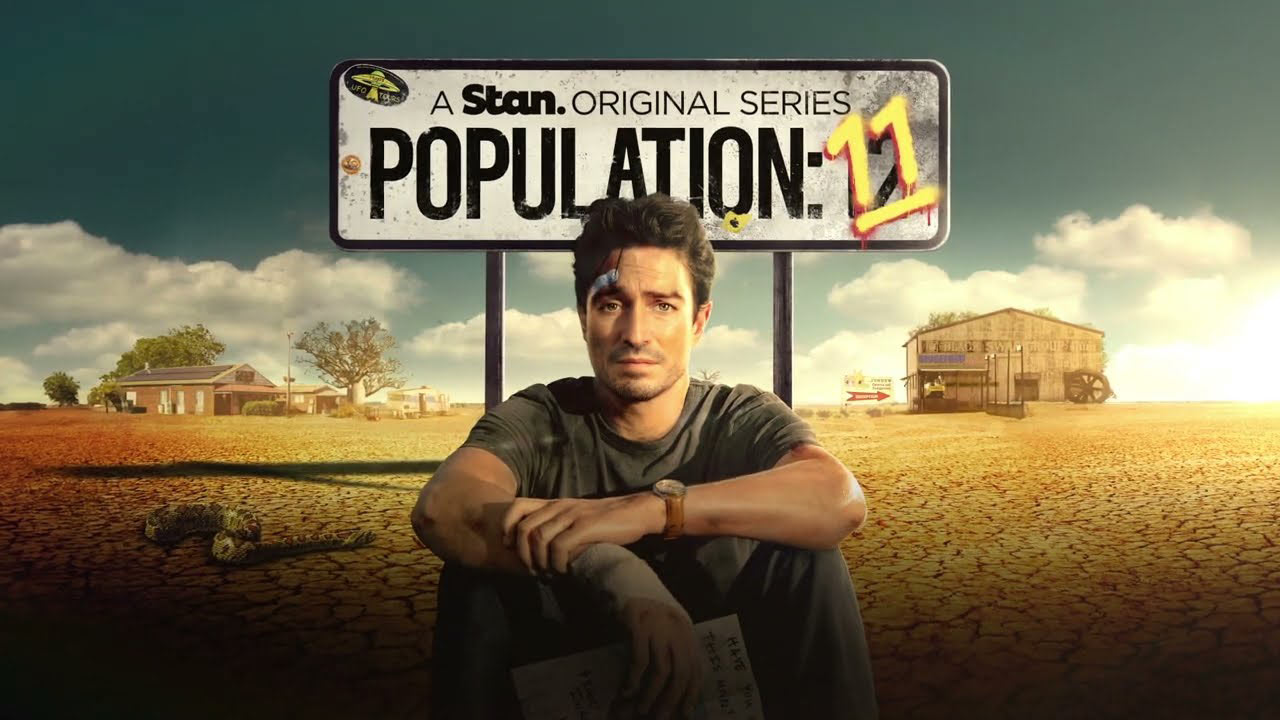Subscribe
In a significant Canadian case, social distancing during COVID-19 was the focus of an argument to suspend parenting orders
On 24 March 2020, the Superior Court of Justice in Ontario, Canada, handed down a landmark decision. The case concerned a mother’s urgent parenting application to suspend the father’s time with their 9-year-old son during the coronavirus pandemic.
Parenting Issues during coronavirus
The mother was concerned that the father would not enforce social distancing measures during his time with the child.
The mother was practising social isolation at home for the duration of COVID-19 and did not want the child leaving the home whatsoever, not even to spend time with the father.
Background to the application to suspend parenting orders
The mother and father had joint custody (commonly referred to as “equal shared parental responsibility” in Australia) of the child pursuant to Final Orders made in 2012.
The child lived with the mother and spent time with the father on every other weekend, in accordance with Interim Orders made in 2019.
Judgement: Was it fair to suspend parenting orders during the coronavirus pandemic?
The Judge decided the matter was not urgent and that the mother’s evidence did not raise sufficient concerns to justify suspending the father’s time.
His Honour stated that the mother had failed to establish “a failure, inability or refusal by the father to adhere to appropriate COVID-19 protocols in the future”.
Principles relevant to Australian parenting matters during COVID-19
There are a number of general principles in this decision which may apply to Australian parenting matters during the coronavirus pandemic:
- Where a parenting order exists, there is a presumption that the parties should comply with the order. The mere existence of COVID-19 is not in itself a basis for suspension of time with the other parent.
- The best interests of the child/ren is paramount in determining whether the child/ren should continue to travel between the homes of separated parents. Usually, regular contact between parents and the child/ren is in their best interests.
- In certain circumstances, parents may need to forego face-to-face time with the child/ren and use alternative methods of contact such as telephone or videoconferencing.
This may happen where:
a) Parents are unable to work from home and they continue to interact with the public on a daily basis, such as health care workers
b) Parents returning from overseas who must self-isolate for 14 days. This applies to children travelling with a parent who is returning from overseas
- The mere existence of COVID-19 does not in itself create a situation of “urgency”.
- In some cases, a parent’s behaviour may raise sufficient concerns which result in a parent’s face-to-face time being suspended.
- Parents initiating an urgent motion or application must provide specific evidence of the behaviour by the other parent which is thought to be inconsistent with COVID-19 protocols.
Our thoughts
This decision is consistent with the directions issued by the Family Court and Federal Circuit Court of Australia to date, which remind parents that COVID-19 should not be treated as an opportunity to disobey court orders and withhold time from the other parent.
In these troubling times, it is essential that children continue to receive the emotional support of both parents. Parental relationships cannot be paused indefinitely without the risk of emotional harm and distress. This is particularly important in circumstances where children are unable to attend school or participate in their day-to-day activities, and are isolated from extended family members, friends and others with whom they share a meaningful relationship.
For further information, see our article about how COVID-19 affects family law matters, or contact us for advice.
This article was written by Family Lawyer, Julia Hodkinson.
Ribeiro v Wright 2020 ONSC 1829 (CanLii)
DISCLAIMER: We accept no responsibility for any action taken after reading this article. It is intended as a guide only and is not a substitute for the expert legal advice you can get from marshalls+dent+wilmoth and other relevant experts.
Subscribe




